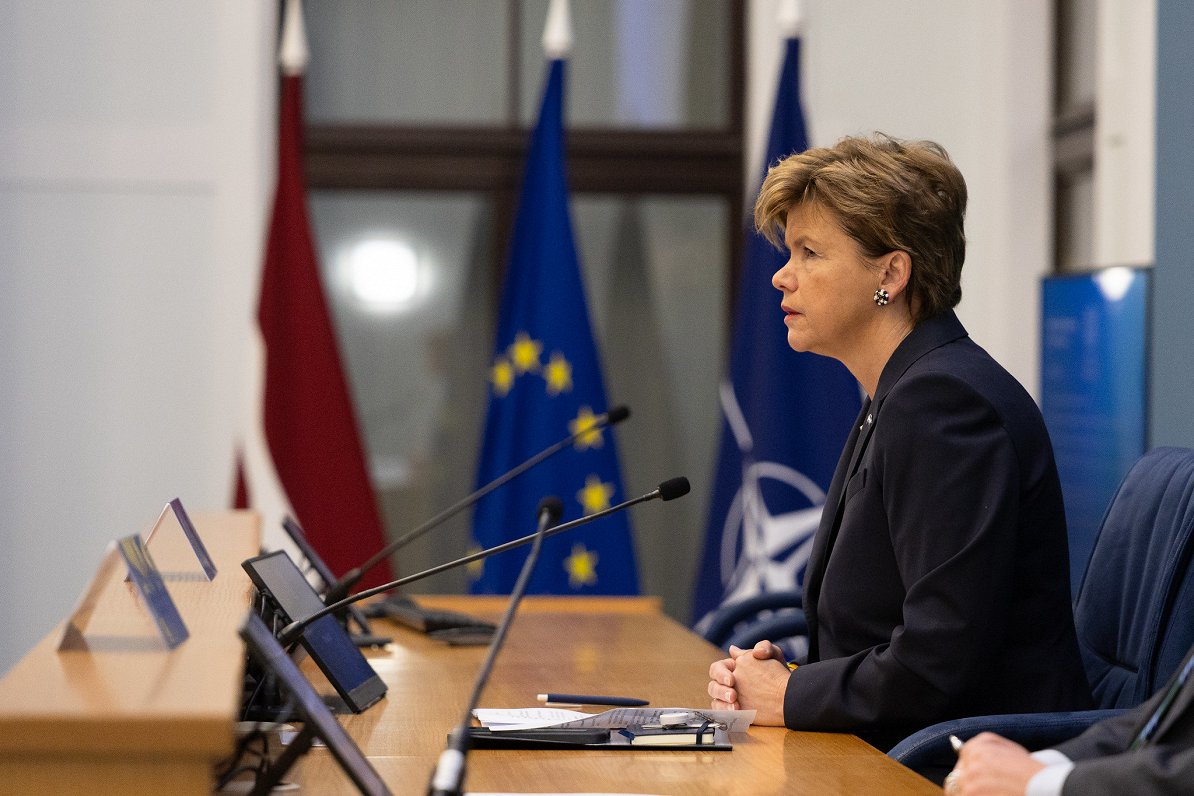“Those critical technologies have been added to the list with the aim of strengthening the EU’s economic security and preventing those technologies from being used for military applications outside the EU, for instance, in Russia, which could use them in its war against Ukraine,” said a release from the Ministry.
Since 2022, EU Member States and their partner countries – the United States, Canada, Japan, and Australia – have encouraged the addition of several modern technologies to export control lists. However, to prevent their re-export to third countries, the U.S. intends to introduce export restrictions for the EU for NVIDIA graphics processors needed in AI development.
Latvia and the other EU Member States have responded by moving to strengthen export controls on those goods in an effort to win trust from Washington – whose restrictions are mainly geared towards preventing China getting access to the latest technology.
An EU decision on the next steps for including those goods in Annex 1 to Regulation 2021/821 has been reached in the Working Party on Dual-Use Goods. All EU Member States have signed a joint political declaration which has been signed by the Minister of Foreign Affairs, Baiba Braže on Latvia’s behalf, pledging to strengthen global export controls.
Select text and press Ctrl+Enter to send a suggested correction to the editor
Select text and press Report a mistake to send a suggested correction to the editor
Tell us about a mistake
